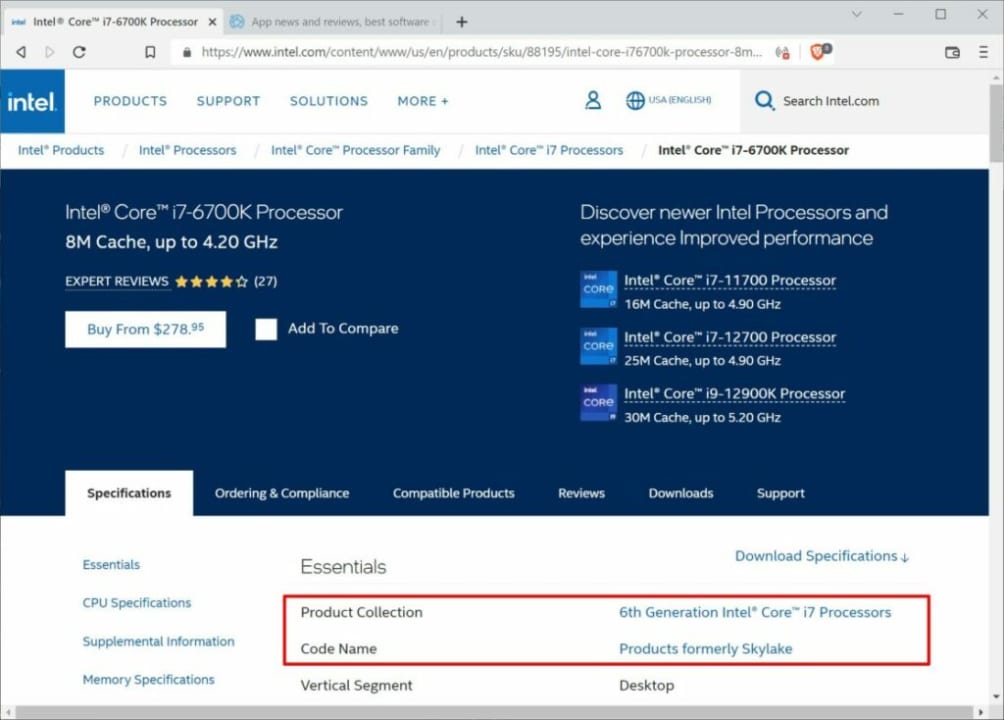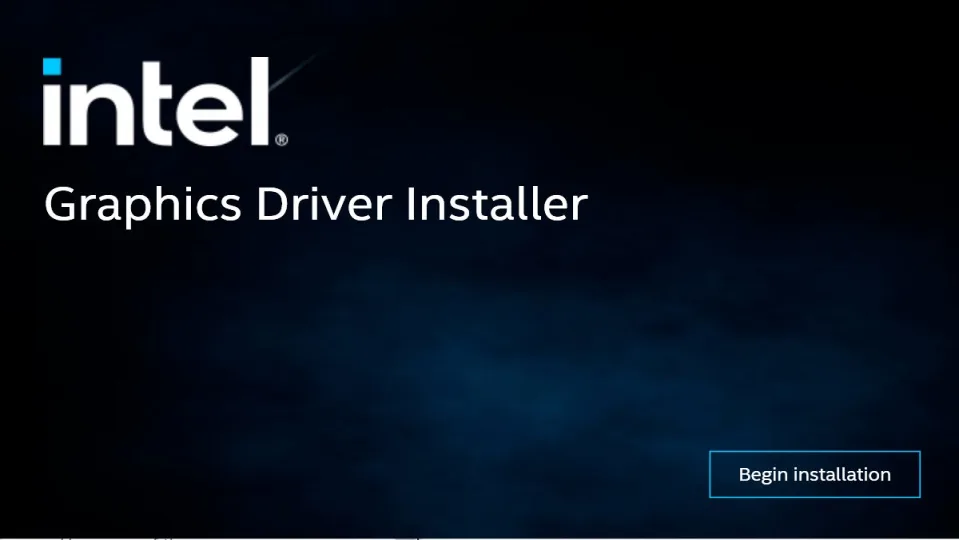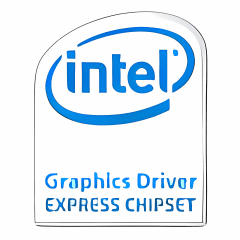Intel announced plans today to move several of its Intel Processor Graphics families to a legacy support software model. Affected products will receive limited updates as a consequence.
Many Intel processors include graphics components. These are a low-cost alternative to dedicated graphics cards. While limited when it comes to playing modern computer games, running computations or other taxing processes, integrated graphics components work fine for regular use cases.
Intel launched its dedicated Arc graphics card series in 2022 in order to compete with Nvidia and AMD. First generation Arc graphics adapters do not compete with high-end Nvidia or AMD models yet, but Intel plans to change that in coming generations.
Intel Legacy Software Support Model
Up until now, Intel released regular software updates for all supported processors and processor graphics. These updates fixed security vulnerabilities and bugs in the drivers for the most part. Updates introduced new features in addition to the included fixes, including improvements for new computer games.
The new Intel legacy software support model limits graphics driver package releases for certain Intel Processor graphics families. Affected products move to a quarterly release cadence.
Major issues, for example, major security issues, may result in the releasing of unscheduled driver packages for affected processor families. For the most part, however, Intel customers should expect four driver package releases per year.
Processor graphics families that fall under the new legacy software support model receive critical fixes and security vulnerability fixes only. In other words, updates will no longer introduce support for new features or technologies, including optimizations for new computer games.
How to find out if your PC is affected

Intel published a list of impacted products on its Community website. In short: affected products include Intel 6th generation to 10th generation processor graphics products, as well as related Intel Atom Pentium and Celeron processors.
The list is helpful, but only for experienced users and administrators.
Here is a quick way to find out whether a PC is affected by the change:
- Open the Windows Start Menu, e.g., by clicking on the Start button.
- Type System Information and select the System Information application from the results.
- Locate the Processor entry in the System Information window. You find it near the top of the page.
- Example: Intel(R) Core(TM) i7-6700K is listed in System Information.
- The first number after the dash references the processor generation. In the example above, it is processor generation 6 (Intel(R) Core(TM) i7-6700K)
Alternatively, you may look up the information on Intel’s website:
- Visit the Intel website in a web browser.
- Search for the first part of the Processor field in the System Information window.
- Example: Intel(R) Core(TM) i7-6700K is listed in System Information.
- Search for Intel Core i7-6700K on Intel’s website.
- Select the processor from the list of suggestions.
- Select the first search result from the search results listing.
The “Product Collection” and “Code Name” entries reveal the generation of the processor and its code name. The generation is all you need; if the processor is a 6th to 10th generation processor, it is affected.
Compare the data with the listing below:
Intel Processor listing
Codenames: Skylake, Apollo Lake, Kaby Lake, Amber Lake, Coffee Lake, Whiskey Lake, Comet Lake, Gemini Lake, Ice Lake, Lakefield, Jasper Lake, Elkhart Lake.
10th Generation Intel® Core® processors with Intel® Iris® Plus graphics (Codename Ice Lake)
10th Generation Intel® Core® processors with Intel® UHD Graphics (Codename Comet Lake)
9th Generation Intel® Core® processors, related Pentium®/Celeron® processors, and Intel® Xeon® processors, with Intel® UHD Graphics 630 (Codename Coffee Lake-R)
8th Generation Intel® Core® processors, related Pentium®/ Celeron® processors, and Intel® Xeon® processors, with Intel® Iris® Plus Graphics 655 and Intel® UHD Graphics 610, 620, 630, P630 (Codename Kaby Lake-R, Coffee Lake)
Intel Pentium® and Celeron® processor family (Codename Gemini Lake)7th Generation Intel® Core® processors, related Pentium®/Celeron® processors, and Intel® Xeon® processors, with Intel® Iris® Plus Graphics 640, 650 and Intel® HD Graphics 610, 615, 620, 630, P630 (Codename Kaby Lake)
6th Generation Intel® Core®, Intel® Core® M, and related Pentium® processors with Intel Iris® Graphics 540, Intel® Iris® Graphics 550, Intel® Iris® Pro Graphics 580, and Intel® HD Graphics 510, 515, 520, 530 (Codename Skylake)
Intel® Pentium® Processor family and Intel® Celeron® Processor family (Codename Jasper Lake),
Intel® Core® Processor with Intel® Hybrid Technology (Codename Lakefield)
Intel® Atom®, Pentium® and Celeron® processor family (Codename Elkhart Lake)
How to download new Intel drivers
Intel maintains a website for driver and software downloads. There you find multiple download options:
- Select “get started” to run an automated scan for products and available driver and software updates.
- Intel Graphics Windows DCH Drivers — Use this download page to download the latest version of the graphics driver for all supported Windows operating systems.
Closing Words
On the positive side, Intel continues to support 6th to 10th generation processor graphics families. While limited to security and bug fixes, and a three-month release cadence, it is still better than nothing.
On the negative side, Intel won’t release feature updates, including new game optimizations, for the listed graphics families anymore. In reality, most modern computer games do not run too well or at all on older graphics products.



